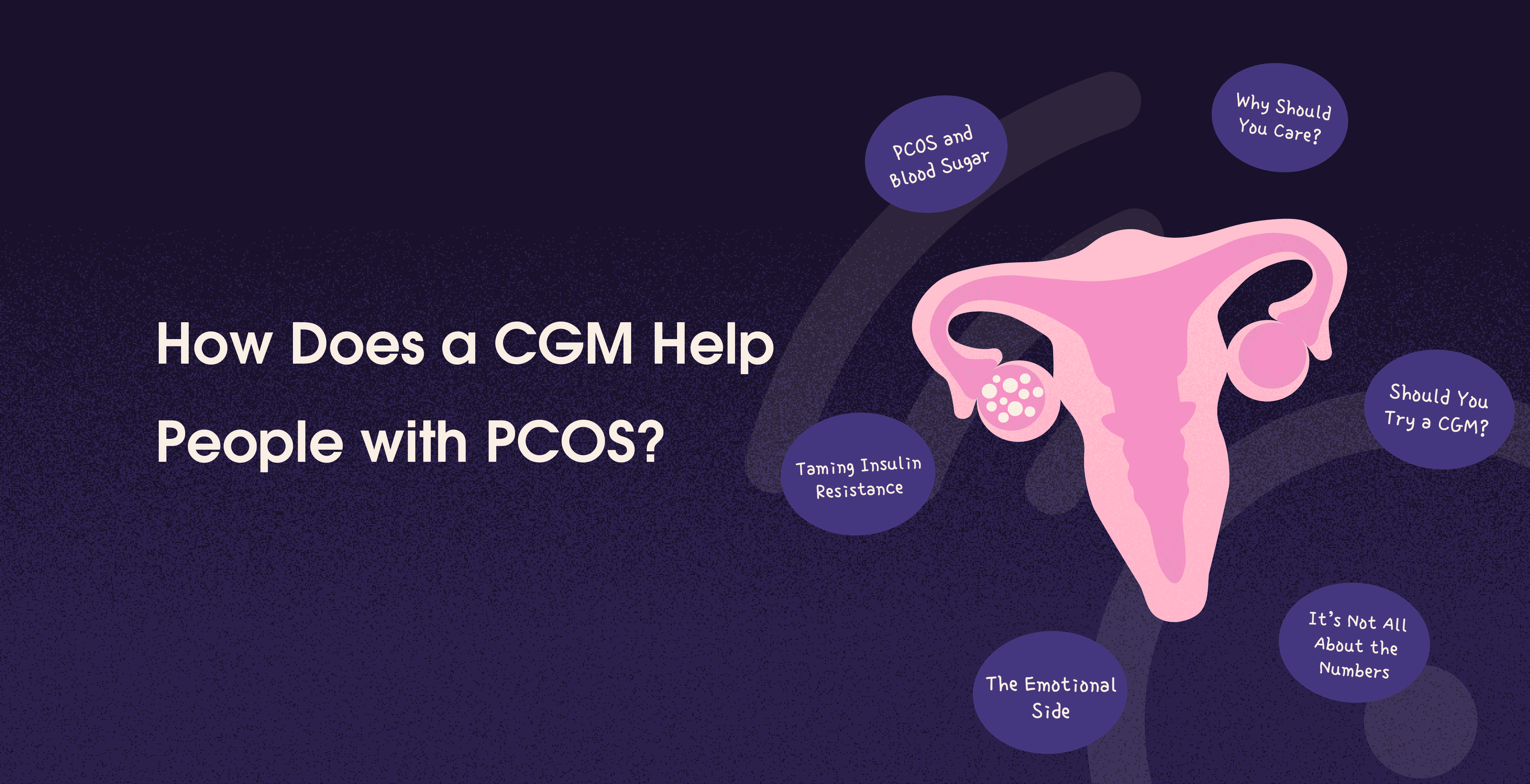Diet and Mental Health: What’s the Connection?
Oct 18, 2024
Sayfali Rawlani
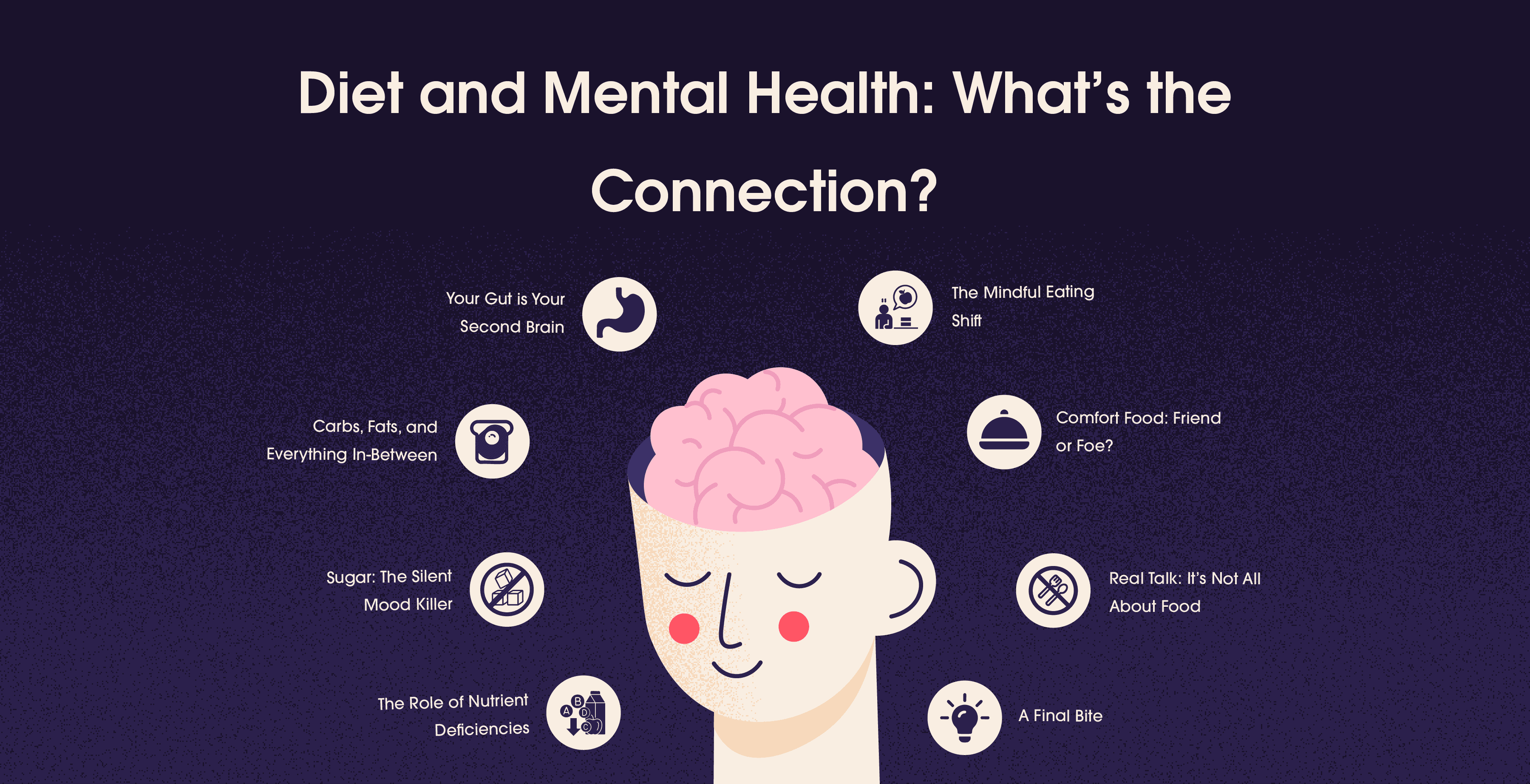


Table Of Contents
Have you ever noticed how you feel after eating a greasy burger versus a fresh salad? There’s no denying it—what we eat messes with our mood, energy, and overall sense of well-being. But the link between diet and mental health runs deeper than the occasional food coma or sugar high. Turns out, the gut and the brain are more closely connected than we might think. So, how does what’s on your plate affect what’s going on in your head? Let’s dig in.
Highlight
The gut and brain are closely connected, with gut bacteria playing a major role in mood regulation by producing chemicals like serotonin and dopamine.
Refined carbs can cause mood swings and energy crashes, while complex carbs offer sustained energy, helping stabilize mood.
Found in foods like salmon and walnuts, these fats are essential for brain health and can help reduce the risk of depression.
Diets high in added sugars can lead to anxiety and depression, despite providing short-term comfort.
Lacking key nutrients like B vitamins, magnesium, and zinc can lead to mood swings, brain fog, and irritability.
Paying attention to how you eat, not just what you eat, can improve digestion and mental clarity, reducing stress.
Occasional comfort foods are fine, but over-reliance on them for emotional support can be unhealthy.
While diet is important, mental health also depends on factors like sleep, exercise, stress management, and social connections.
Incorporating healthy foods while enjoying indulgences in moderation creates a balanced approach to both diet and mental health.
Your Gut is Your Second Brain
No, really—it’s called the "gut-brain axis." Ever had "butterflies" in your stomach when you’re nervous? That’s just one example of how your brain and gut communicate. Your gut is full of neurons (yes, brain-like cells) that send signals to your brain, and it’s also home to trillions of bacteria. These gut bacteria don’t just help with digestion; they produce chemicals like serotonin and dopamine, which play huge roles in mood regulation.
Think of your gut as a factory that churns out the building blocks your brain needs to stay balanced. Feed it the right stuff, and it works like a charm. But throw too much junk into the system? You can bet there’ll be some backlash—mentally and emotionally.
Carbs, Fats, and Everything In-Between
So, what are we talking about when it comes to food? Let’s start with carbs. Ah, the love-hate relationship we all have with them. Refined carbs—think white bread, pastries, sugary cereals—give you that instant energy rush, but it’s always followed by a crash. And with that crash? Often comes irritability, sluggishness, and sometimes even anxiety. But complex carbs—whole grains, fruits, and veggies? Different story. They release energy slowly, keeping your blood sugar (and mood) more stable.
Then there’s fat, the misunderstood hero. Omega-3 fatty acids, found in things like salmon, flaxseeds, and walnuts, are actually amazing for brain health. These fats are like the oil that keeps the gears in your head turning smoothly. Studies even suggest that people who don’t get enough omega-3s are more prone to depression. Pretty wild, huh?
Sugar: The Silent Mood Killer
We need to talk about sugar. Everyone knows too much sugar isn’t great for your body, but what about your mind? It’s tricky because sugary foods are so comforting in the moment. They’re like that one friend who’s fun to hang out with but always leaves you feeling a little off. There’s evidence showing that diets high in added sugars can lead to increased feelings of anxiety and depression. So, while a donut may cheer you up for a few minutes, don’t be surprised if you’re in a mental slump soon after.
The Role of Nutrient Deficiencies
Sometimes it’s not about what you’re eating, but what you’re not eating. Certain nutrients, like B vitamins, magnesium, and zinc, play key roles in how our brain functions. Deficiencies in these areas can lead to brain fog, irritability, and even mood swings. You might think, “I’m not deficient in anything,” but the truth is, many of us are walking around with low levels of crucial vitamins and minerals without even realizing it.
The Mindful Eating Shift
It’s not just about what you eat; it’s how you eat. You could be munching on the healthiest salad in the world, but if you’re stressed, distracted, or eating on the go, your body might not fully absorb the nutrients. Ever scarfed down a meal without tasting it? Yeah, we’ve all been there. But mindful eating—paying attention to each bite, savoring the flavors—can actually help improve digestion and, in turn, mental clarity.
The thing is, eating mindfully forces you to slow down, which is something we all need in this fast-paced world. And slowing down, even during meals, can reduce stress, helping both your gut and your brain stay on the same page.
Comfort Food: Friend or Foe?
We can’t talk about food and mental health without touching on comfort food. It’s comforting for a reason—when life’s tough, eating your favorite foods can give you a momentary escape. And there’s nothing wrong with that. Sometimes, you just need that bowl of mac and cheese. But if you’re constantly turning to food for emotional support, it can become a bit of a slippery slope. The key is balance. Enjoy your comfort foods, but make sure they’re part of a bigger, nutrient-rich picture.
Real Talk: It’s Not All About Food
Before you overhaul your entire diet, let’s get one thing straight: food is part of the mental health equation, not the whole answer. Stress, sleep, exercise, and social connections play massive roles in how you feel mentally. It’s all interconnected. You can eat the cleanest diet in the world, but if you’re not taking care of the rest of your life, your mental health can still suffer.
That being said, focusing on a diet that fuels your brain can give you a powerful tool in managing stress, anxiety, or even depression. It’s not a magic fix, but it’s a piece of the puzzle—and honestly, every little bit helps when it comes to mental health.
A Final Bite
So, what’s the takeaway here? The connection between diet and mental health is real, and it’s more complex than we sometimes give it credit for. From gut bacteria to blood sugar swings, what you eat plays a huge role in how you feel. But, like most things in life, it’s about balance. Load up on those leafy greens and omega-3s, but don’t beat yourself up for indulging in a little chocolate cake now and then. After all, life’s too short to skip dessert.
In the end, it’s all about finding what works for you and your mental well-being.
References
Have you ever noticed how you feel after eating a greasy burger versus a fresh salad? There’s no denying it—what we eat messes with our mood, energy, and overall sense of well-being. But the link between diet and mental health runs deeper than the occasional food coma or sugar high. Turns out, the gut and the brain are more closely connected than we might think. So, how does what’s on your plate affect what’s going on in your head? Let’s dig in.
Highlight
The gut and brain are closely connected, with gut bacteria playing a major role in mood regulation by producing chemicals like serotonin and dopamine.
Refined carbs can cause mood swings and energy crashes, while complex carbs offer sustained energy, helping stabilize mood.
Found in foods like salmon and walnuts, these fats are essential for brain health and can help reduce the risk of depression.
Diets high in added sugars can lead to anxiety and depression, despite providing short-term comfort.
Lacking key nutrients like B vitamins, magnesium, and zinc can lead to mood swings, brain fog, and irritability.
Paying attention to how you eat, not just what you eat, can improve digestion and mental clarity, reducing stress.
Occasional comfort foods are fine, but over-reliance on them for emotional support can be unhealthy.
While diet is important, mental health also depends on factors like sleep, exercise, stress management, and social connections.
Incorporating healthy foods while enjoying indulgences in moderation creates a balanced approach to both diet and mental health.
Your Gut is Your Second Brain
No, really—it’s called the "gut-brain axis." Ever had "butterflies" in your stomach when you’re nervous? That’s just one example of how your brain and gut communicate. Your gut is full of neurons (yes, brain-like cells) that send signals to your brain, and it’s also home to trillions of bacteria. These gut bacteria don’t just help with digestion; they produce chemicals like serotonin and dopamine, which play huge roles in mood regulation.
Think of your gut as a factory that churns out the building blocks your brain needs to stay balanced. Feed it the right stuff, and it works like a charm. But throw too much junk into the system? You can bet there’ll be some backlash—mentally and emotionally.
Carbs, Fats, and Everything In-Between
So, what are we talking about when it comes to food? Let’s start with carbs. Ah, the love-hate relationship we all have with them. Refined carbs—think white bread, pastries, sugary cereals—give you that instant energy rush, but it’s always followed by a crash. And with that crash? Often comes irritability, sluggishness, and sometimes even anxiety. But complex carbs—whole grains, fruits, and veggies? Different story. They release energy slowly, keeping your blood sugar (and mood) more stable.
Then there’s fat, the misunderstood hero. Omega-3 fatty acids, found in things like salmon, flaxseeds, and walnuts, are actually amazing for brain health. These fats are like the oil that keeps the gears in your head turning smoothly. Studies even suggest that people who don’t get enough omega-3s are more prone to depression. Pretty wild, huh?
Sugar: The Silent Mood Killer
We need to talk about sugar. Everyone knows too much sugar isn’t great for your body, but what about your mind? It’s tricky because sugary foods are so comforting in the moment. They’re like that one friend who’s fun to hang out with but always leaves you feeling a little off. There’s evidence showing that diets high in added sugars can lead to increased feelings of anxiety and depression. So, while a donut may cheer you up for a few minutes, don’t be surprised if you’re in a mental slump soon after.
The Role of Nutrient Deficiencies
Sometimes it’s not about what you’re eating, but what you’re not eating. Certain nutrients, like B vitamins, magnesium, and zinc, play key roles in how our brain functions. Deficiencies in these areas can lead to brain fog, irritability, and even mood swings. You might think, “I’m not deficient in anything,” but the truth is, many of us are walking around with low levels of crucial vitamins and minerals without even realizing it.
The Mindful Eating Shift
It’s not just about what you eat; it’s how you eat. You could be munching on the healthiest salad in the world, but if you’re stressed, distracted, or eating on the go, your body might not fully absorb the nutrients. Ever scarfed down a meal without tasting it? Yeah, we’ve all been there. But mindful eating—paying attention to each bite, savoring the flavors—can actually help improve digestion and, in turn, mental clarity.
The thing is, eating mindfully forces you to slow down, which is something we all need in this fast-paced world. And slowing down, even during meals, can reduce stress, helping both your gut and your brain stay on the same page.
Comfort Food: Friend or Foe?
We can’t talk about food and mental health without touching on comfort food. It’s comforting for a reason—when life’s tough, eating your favorite foods can give you a momentary escape. And there’s nothing wrong with that. Sometimes, you just need that bowl of mac and cheese. But if you’re constantly turning to food for emotional support, it can become a bit of a slippery slope. The key is balance. Enjoy your comfort foods, but make sure they’re part of a bigger, nutrient-rich picture.
Real Talk: It’s Not All About Food
Before you overhaul your entire diet, let’s get one thing straight: food is part of the mental health equation, not the whole answer. Stress, sleep, exercise, and social connections play massive roles in how you feel mentally. It’s all interconnected. You can eat the cleanest diet in the world, but if you’re not taking care of the rest of your life, your mental health can still suffer.
That being said, focusing on a diet that fuels your brain can give you a powerful tool in managing stress, anxiety, or even depression. It’s not a magic fix, but it’s a piece of the puzzle—and honestly, every little bit helps when it comes to mental health.
A Final Bite
So, what’s the takeaway here? The connection between diet and mental health is real, and it’s more complex than we sometimes give it credit for. From gut bacteria to blood sugar swings, what you eat plays a huge role in how you feel. But, like most things in life, it’s about balance. Load up on those leafy greens and omega-3s, but don’t beat yourself up for indulging in a little chocolate cake now and then. After all, life’s too short to skip dessert.
In the end, it’s all about finding what works for you and your mental well-being.
References
Table Of Contents
Table Of Contents
Table Of Contents
Read More
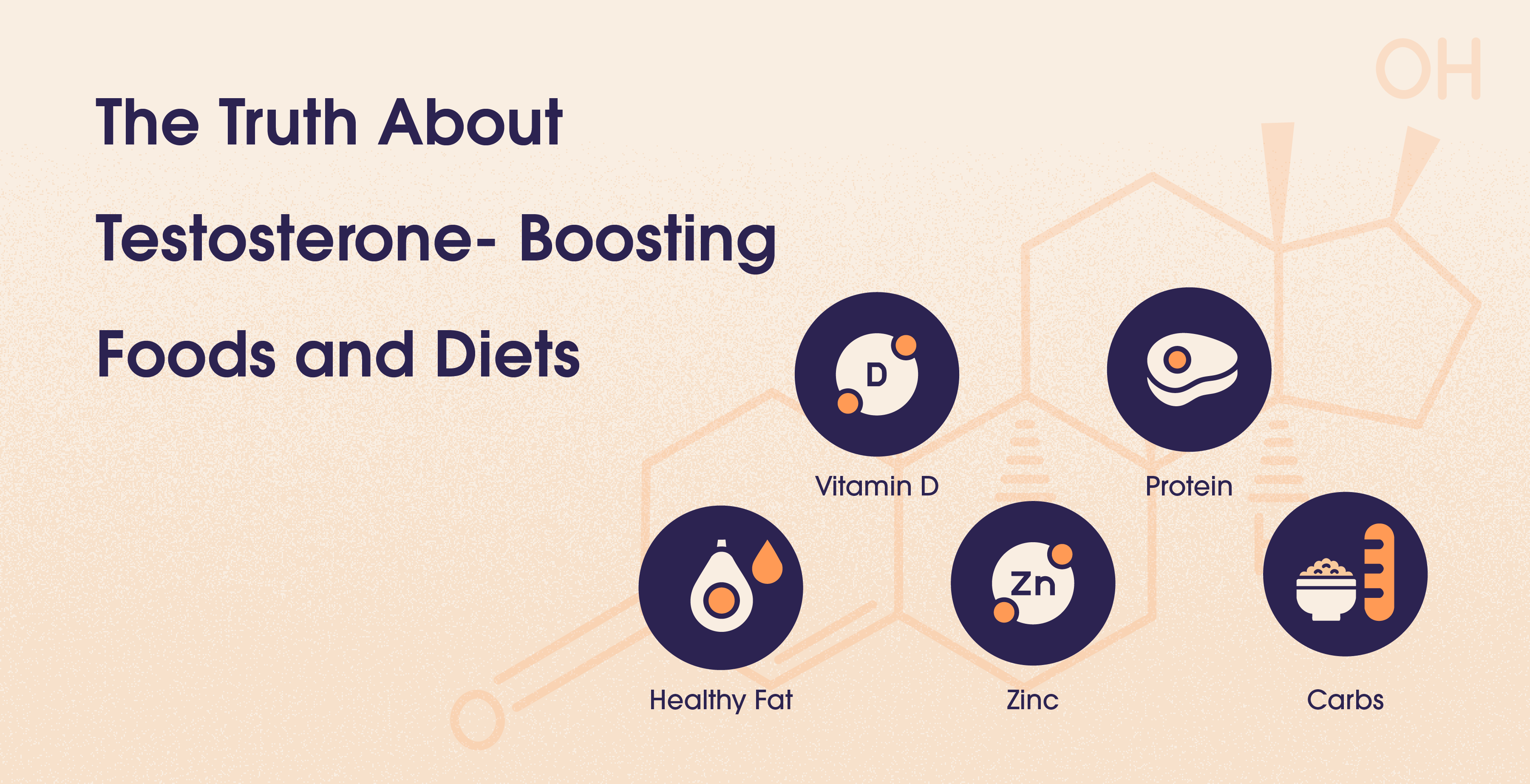

Mar 13, 2025
Sayfali Rawlani
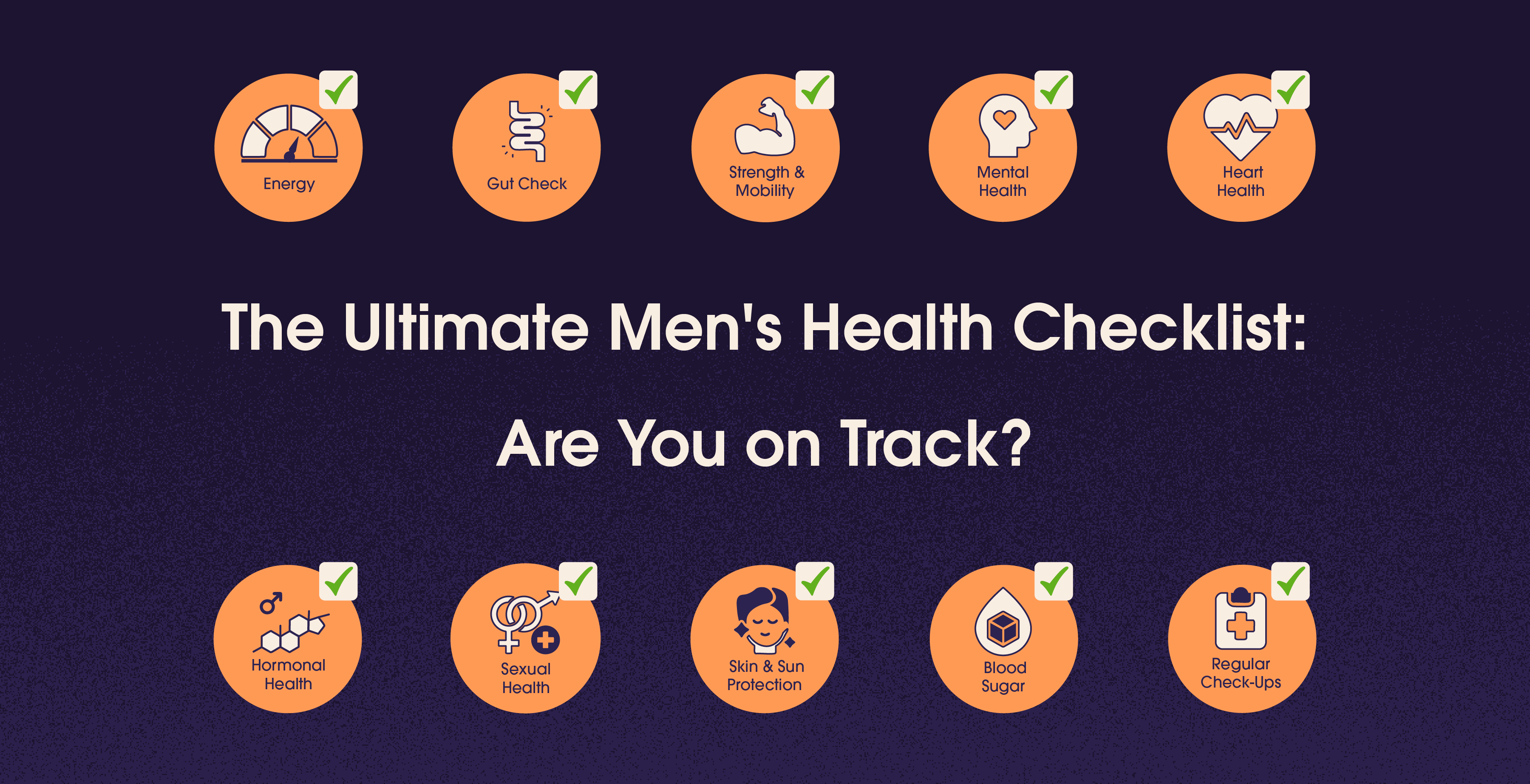

Feb 25, 2025
Sayfali Rawlani
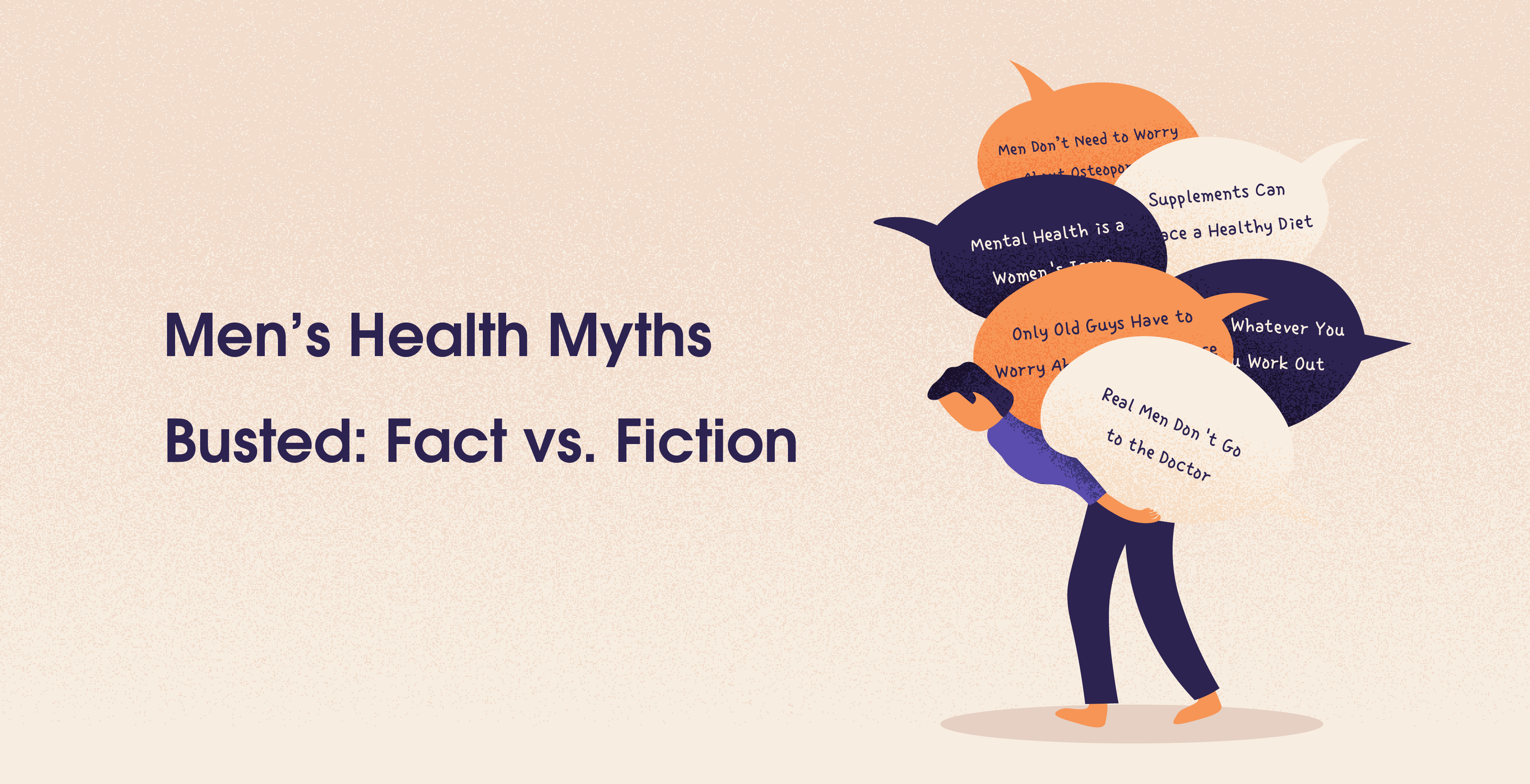

Feb 19, 2025
Sayfali Rawlani



Company
Copyright © 2025 trst health. All right reserved.

